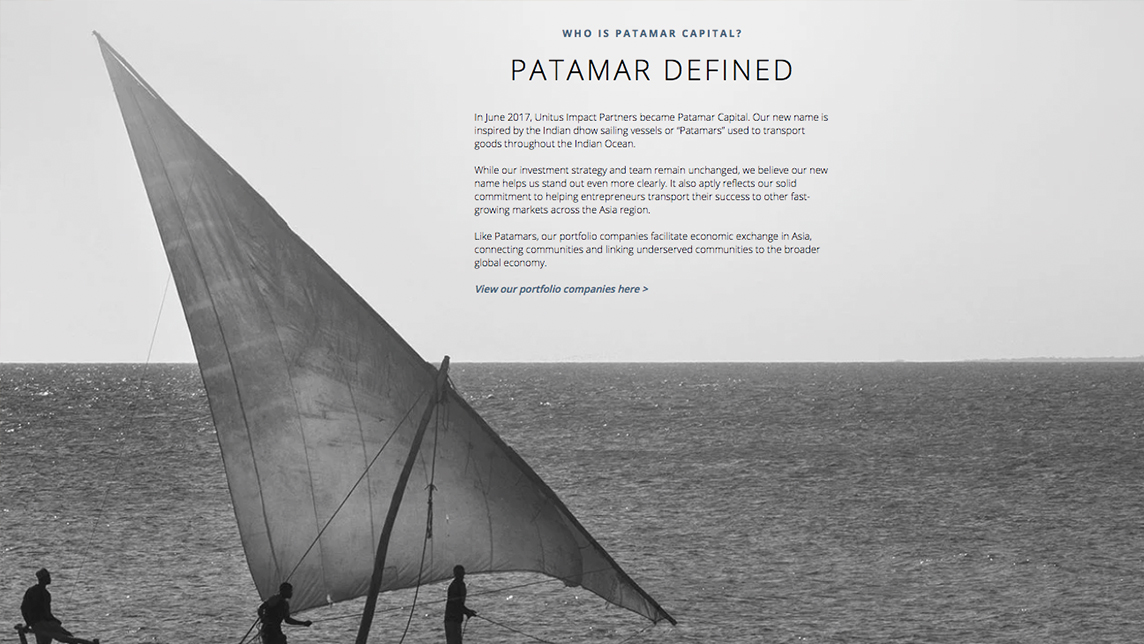What exactly is impact investing, and what counts as impact? How do you measure impact and drive real positive change? These are difficult questions that startups and investors continue to grapple with, even as the market for responsible investment grew to $715bn in 2020.
The situation is made even more complicated by the many standards and measurements of impacts in various industries, from the widely adopted UN Sustainable Development Goals to more granular assessment methods.
Yuni Choi, Director of Investments at the RS Group, and Ritu Verma, Managing Partner and co-founder of Ankur Capital, discussed these issues in a panel discussion titled “Demystifying impact investment” at the Future Food Asia 2021 conference this week.
"Depending on the investment area, we need to contextualize the impact targets and priorities. For example, you need to consider the income level of the beneficiaries, environmental concerns in the geographical area, and more,” Choi said. “A common framework for impact assessment is necessary but not sufficient.“
Verma agreed that there are differences in priority metrics and goals even among Ankur's limited partners. “It would make things easier if there were a common standard, but even though we measure impact differently from our LPs sometimes, the metrics are not completely disconnected from each other.”
Theory of change
During the panel discussion, Verma shared how Ankur Capital makes investment decisions and measures impact in early-stage startups. After hearing a pitch from the prospective investment target, Ankur Capital develops a “theory of change” that describes the kind of impact the startup wants to make and how it might achieve that impact in a certain period. This is also how Ankur decides whether the startup’s vision aligns with theirs and measures the risk of that vision drifting out of alignment in the future.
Depending on the investment area, we need to contextualize the impact targets and priorities
To a question on whether this early conversation gets difficult, Verma responded that it does not. “We’re here to learn about what they want to build, and we’re either in alignment with that or not,” Verma said.
If Ankur decides to invest in the startup, that theory of change becomes Ankur’s internal benchmark to assess the startup. Ankur maintains communications with the startup to get key business and impact metrics, but the VC also conducts qualitative surveys of the beneficiaries to verify the startup’s impact claims.
Choi said the RS Group invests in funds rather than directly into startups, so the fund managers handle impact management and assessment. She explained that the fund managers and RS Group typically focus on only a handful of key metrics, prioritizing the quality of the data instead of tracking as many metrics as possible. Some of these metrics include the amount of greenhouse gas emissions avoided and the number of jobs created.
Measuring what matters
At the start of the Future Food Asia 2021 conference, investors were polled on whether measuring impact in early-stage companies is important. Around three-quarters of respondents felt that it is not essential, but they also pointed out that measuring impact is difficult because of the lack of unified standards.
Verma said that while it is important to measure impact through concrete metrics, the priority must be measuring whether that impact has caused positive changes in the community. “You always need to calibrate what you measure against what your beneficiaries actually find useful.”
She added that more investors are coming into the sector despite the difficulties that come with impact investment. “I believe that capital has been driving impact investment, and this has been happening for some time now,” Verma said.
Choi was disappointed with the poll results but said that in practice, all investment creates impact, be it positive or negative. “More and more investors will care about impact and will invest towards positive impacts. But if you want to do that, you have to start measuring,” she said.
More tools and frameworks are becoming available for measuring impact, she added, encouraging investors and startups to make use of them. “It’s not about the number of impact metrics measured; what we want to see is high-quality data coming from the consistent measuring of the key metrics.”
CompassList is an official media partner of Future Food Asia 2021











